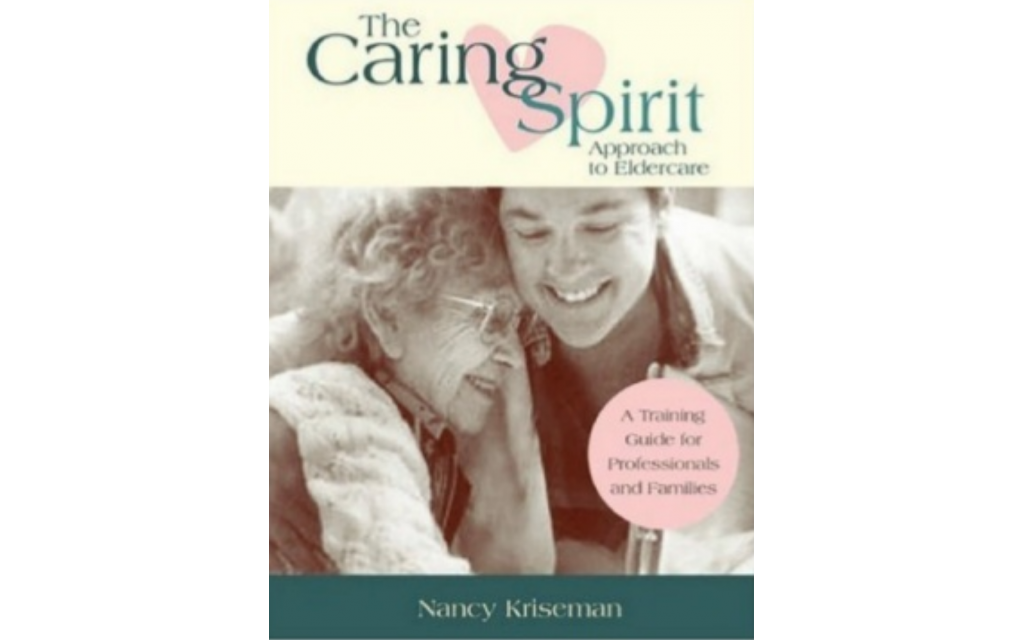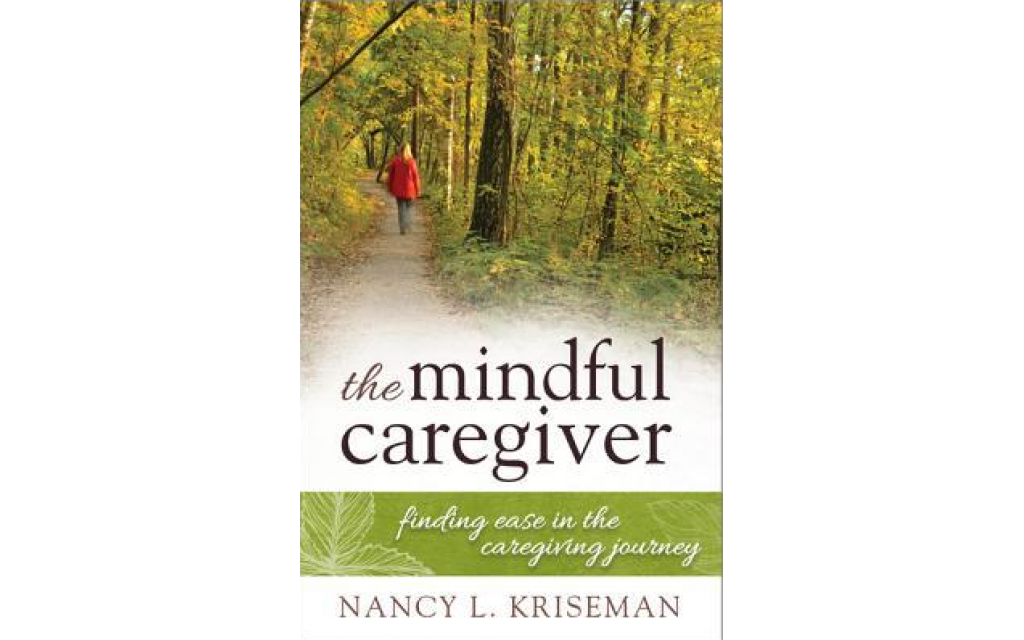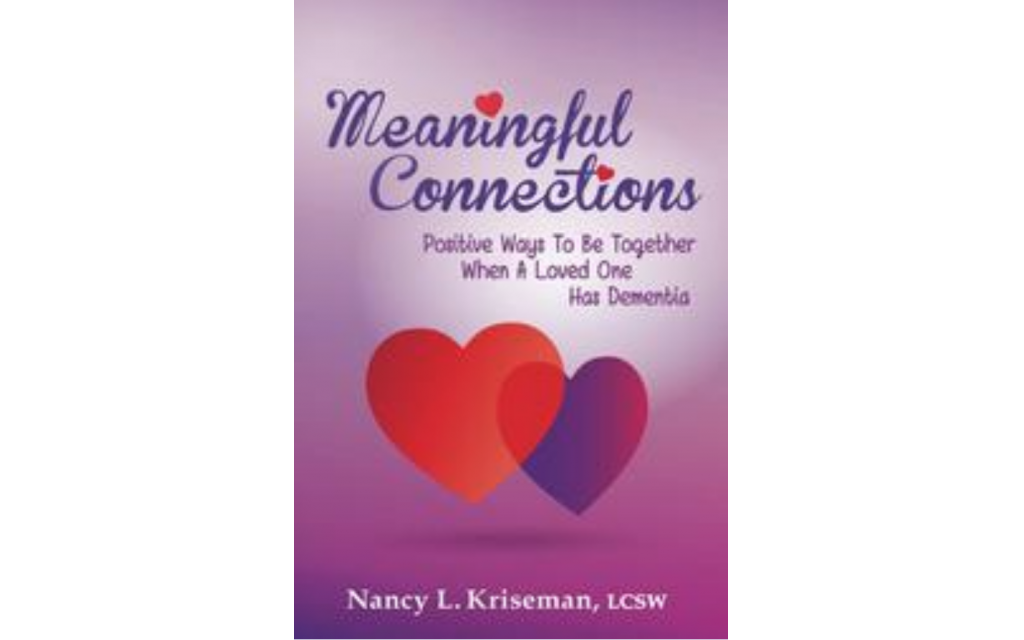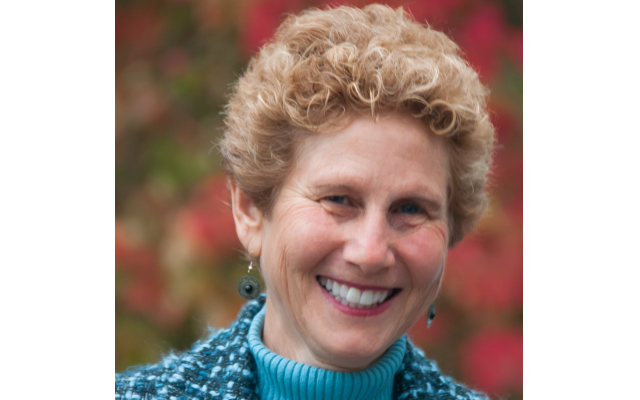Navigating the Sensitive Senior Maze
Nancy Kriseman has worked in the field for 35 years as a geriatric clinical social worker and currently has a private practice supporting families caring for elders.
After 37 years with the Atlanta Journal-Constitution and now with the AJT, , Jaffe’s focus is lifestyle, art, dining, fashion, and community events with emphasis on Jewish movers and shakers.
Geriatric consultant Nancy Kriseman has worked in the aging field for 35 years as a geriatric clinical social worker. A licensed clinical social worker, she started her first job at the William Breman Jewish Home, where ironically, her mother ended up.
She currently has a private practice focused on supporting and consulting for families caring for elders, and helping navigate the elder care maze. Additionally, it can be emotional to confront parents whom we love and respect and to help them decide they have to move, stop driving, or accept live-in help.
Since the senior population and corresponding industry have exploded, it can be daunting to figure out “best care options and services.” Kriseman focuses on supporting and helping people explore the various services by creating short and longer-term care plans. She also provides professional and community referrals that have been vetted.
Jaffe: What advice can you give for broaching these subjects?
Kriseman: Care conversations are sensitive for older adults. It’s my belief that if elders are cognitively and emotionally competent, they have a right to make their own decisions even if the adult children don’t agree. With that said, I do try to help elders and their families find solutions in collaborative ways, so there is input from both sides. It’s a very different situation if elders are not competent; then it can be invaluable to have geriatric professional help, especially when elders have dementia.
Jaffe: How do you talk about taking away driving?
Kriseman: This is a particularly sensitive subject as driving correlates with independence. I usually suggest that adult children don’t have these conversations. I encourage them to reach out to the elder’s doctor, sharing their concerns about driving skills or lack thereof, and ask that the doctor talk with them. For elders that have dementia, doctors need to not only verbally tell them they are not safe to drive, but follow up with a written note. For elders who are not cognitively impaired, and adult children are concerned, perhaps the doctor can recommend a driving test to make sure reaction time and sight aren’t impaired. AARP offers driver classes.
Jaffe: When should they move into an elder care community?
Kriseman: A very difficult question and not one simple answer. First and foremost is for the elder’s safety and well-being. If elders are living in unsafe home situations, for example, when they are not safe to cook or safely take a shower or bath, when their home is in disrepair, or is not handicap-accessible, these are major red flags or tipping points to moving them into an elder care community. If elders become isolated in their homes, this is important when considering an elder care community. Research is demonstrating that engagement and social connections are critical to maintaining well-being for older adults.
Jaffe: When is the right time to consider home care?
Kriseman: Not all elders are candidates for long-term care environments. Some might thrive better in their own homes. Then home care might be the best choice. However, many issues have to be considered such as: Is the elder’s home in good repair, is it handicap accessible, is it in a safe neighborhood? Next, vetting out the home care agency is critical. It is important to understand how the home care agency works, what it charges, what are their hiring standards, supervision and educating caregivers. Get examples of how they work with elders who are resistant to care or have certain disabilities. Caregivers should also provide companionship and engagement. Keeping elders in their homes with little meaningful activity tends toward faster decline. Lastly, it’s important that family members or close friends check in on a regular basis to see how things are going with the agency and the individual caregivers.
Jaffe: When is it appropriate to move to another city to be near family?
Kriseman: Once people reach 80-plus I encourage families and elders to seriously consider where their seniors should live. I generally say that if elders have dementia or physical conditions that require a great deal of oversight and advocacy, then it’s usually best to move them closer to family. (I don’t necessarily advocate that they move their elder(s) into their home).
Also consider the age of the elders. Too often I hear adult children say, “my 80-year-old mother/father is doing great, no need to think about anything yet.” Wrong. At the drop of a hat, older adults’ health can change, dramatically. When people reach 80-plus there is a higher chance for having physical or cognitive challenges that generally require more oversight and advocacy.
Jaffe: What should people consider regarding legal matters, such as power of attorneys, wills, etc.?
Kriseman: Being that I am not an attorney, I want to be careful with how I respond. I encourage all my clients to make sure they have up-to-date POAs for health care and finances, and wills, generally no older than seven years. Having to get guardianship or conservatorships are “no picnic” and usually considered as a last resort or because of financial abuse. Additionally, if long-term care will be needed, such as assisted living, memory care or nursing home care, speaking with an elder-law attorney can be important, particularly if there are limited assets.
Jaffe: What is “mindful caregiving?
Kriseman: Being a “mindful caregiver” means making sure you take care of yourself too. Learn to recognize the difference between burnout and what I refer to as “numb-out” which can happen to caregivers who keep going without recognizing how exhausted and stressed they are. They do not make time for self-care. At least with burnout, caregivers stop providing care. They are too burned out to keep going. Mindful caregivers tune in to themselves and learn to become what I call “self-full,” so they don’t get to burnout or numb-out. They recognize what they can and can’t provide, set realistic expectations and factor in taking care of themselves.
Kriseman has written three books:

■ “The Caring Spirit Approach to Eldercare,” Health Professions Press, 2005.

■ “The Mindful Caregiver: Finding Ease in the Caregiving Journey,” Rowman & Littlefield, 2014

■ “Meaningful Connections: Positive Ways to Be Together When a Loved One Has Dementia,” Amazon publishing, 2017.
“These were written because of my passion for supporting elders and their families and care partners, with the emphasis on providing information, ideas and useful suggestions.”
For more information, go to www.nancykriseman.com or email nancykriseman@comcast.net.
- nancy kriseman
- Senior Living
- Community
- William Breman Jewish Home
- Marcia Caller Jaffe
- Feature
- geriatric
- Home Care
- The Mindful Caregiver: Finding Ease in the Caregiving Journey
- The Caring Spirit Approach to Eldercare
- Meaningful Connections: Positive Ways to Be Together When a Loved One Has Dementia
- Dementia
- Books
- Social Work
- Health and Wellness




comments